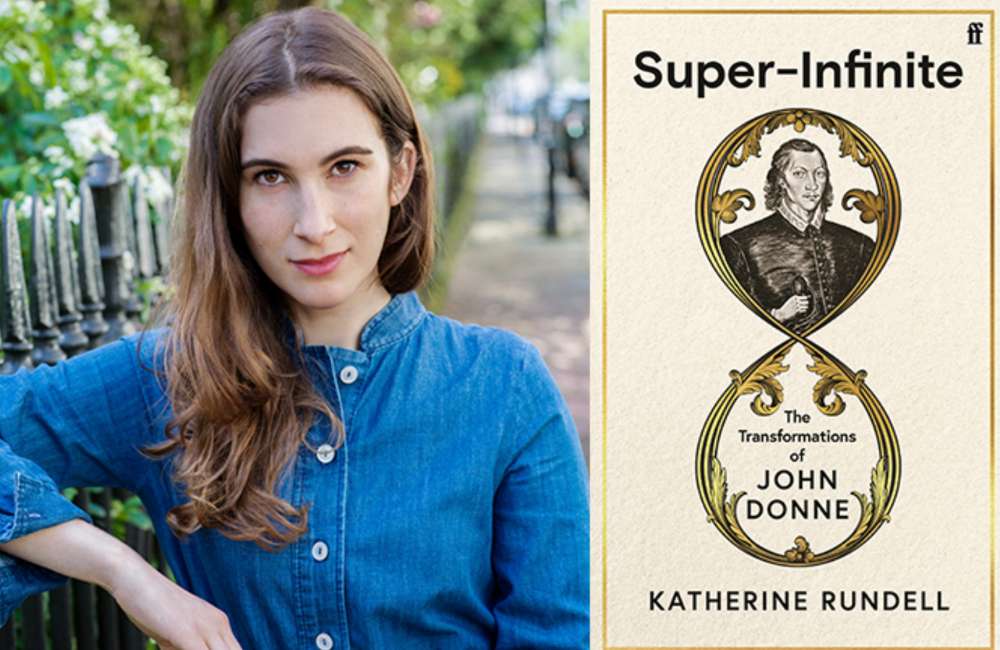

To be sure, the historical Donne is a dazzlingly ironic love poet, a contemporary of Shakespeare and Jonson who - at age 41 - seemed to shift gears abruptly, becoming a sermonizing priest and writer of the celebrated Holy Sonnets.

The author sets out to overturn the narrow angle on Donne that many of us have picked up like a subtle classroom virus. Humble because John Donne’s life and work lie on a path well-trodden by scholars flashy because Rundell is a playful, incandescent stylist who brings scintillating insight to her subject. Super-Infinite is both humble and flashy. Scene Three: 1601.In this new critical biography, Katherine Rundell brings us a fresh take on the poems, prose, and protean identities of a 17th-century master of the English language. John Donne marries the 17 year old Anne and is thrown in the Fleet prison by her father, amid ice-cold winds and lice The first performance of Hamlet - which Donne would, perhaps, as a great attender of plays, have gone to see John Donne composing rakish poetry as a man about town - including almost certainly Love’s Growth - attending bear baiting Find out more via their website at speak to their friendly team on 01223 841055. This episode is sponsored by ACE Cultural Tours, the oldest and most experienced provider of study tours and cultural travel in the United Kingdom. She has written for, amongst others, the London Review of Books, The Times Literary Supplement and The New York Times: mostly about books, though sometimes about night climbing, tightrope walking, and animals. Her bestselling books for children have been translated into more than thirty languages and have won multiple awards. Katherine Rundell is a Fellow of All Souls College, Oxford. That’s why she has written a sparkling new biography of the poet: Super-Infinite: The Transformations of John Donne. And in the view of our guest today, Katherine Rundell, Donne should be considered alongside William Shakespeare as one of the finest wordsmiths this country has ever produced.

However Donne’s poetry isn’t defeatist – he was famous in his time for his unusual, intelligent and imaginative work, which used fleas to talk about sex and violence to talk about God.

In particular, the tragic death of his younger brother who, aged just nineteen, was thrown into prison for hiding a Jesuit priest and subsequently caught the plague. Born into a grand Catholic family who had suffered persecution under Protestant monarchs, he was intimately acquainted with the cruelty of sixteenth-century England. John Donne led many lives, from a young rake in his early years to archdeacon of St Paul’s in his old age. We visit playhouses, bear-fighting pits and the poet’s marital bed to better understand Donne’s life and work. This week we head back to Renaissance England to immerse ourselves in the world of John Donne, one of Britain’s most ingenious poets.


 0 kommentar(er)
0 kommentar(er)
